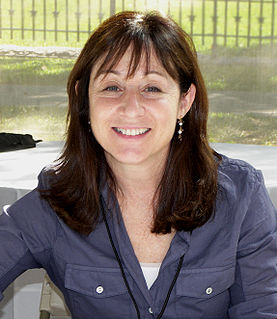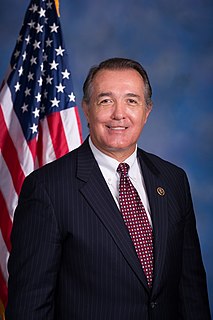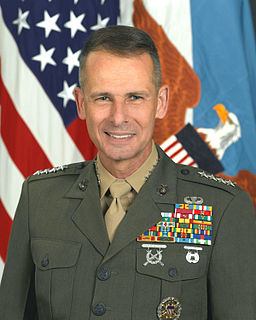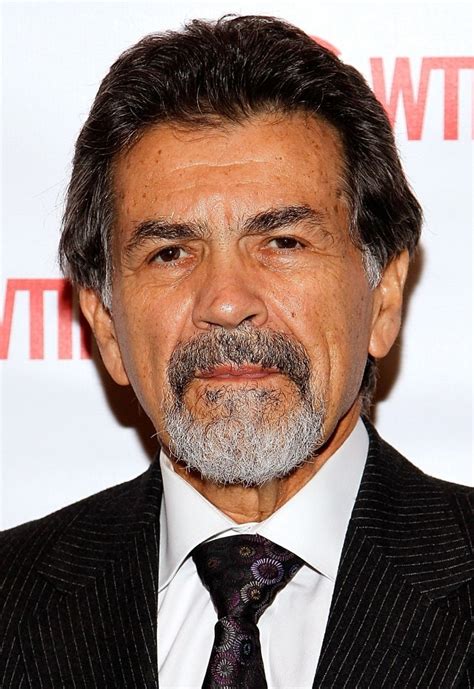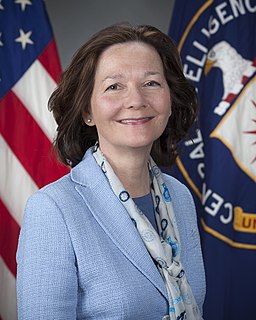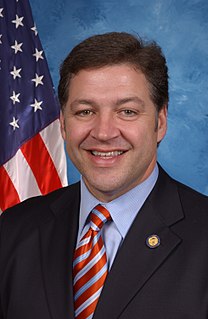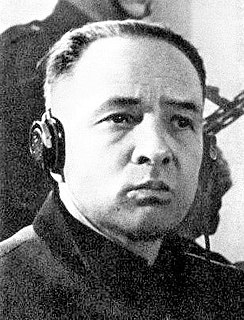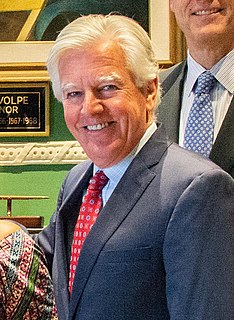Top 50 Detainees Quotes & Sayings
Explore popular Detainees quotes.
Last updated on April 14, 2025.
Information obtained from detainees at Guantanamo has been described by the CIA as 'the lead information' that enabled the agency to recognize the importance of a courier for Usama bin Laden, a crucial understanding that led to Bin Laden's secret hideout in Pakistan and the U.S. raid that killed him.
The important thing here to understand is that the people that are at Guantanamo are bad people. I mean, these are terrorists for the most part. These are people that were captured in the battlefield of Afghanistan or rounded up as part of the Al Qaeda network. We've already screened the detainees there and released a number, sent them back to their home countries. But what's left is hard core.
We have over a hundred political detainees, men against whom we are unable to prove anything in a court of law. Nearly 50 of them are men who gave us a great deal of anxiety during the years of Confrontation because they were Malay extremists. Your life and this dinner would not be what it is if my colleagues and I had decided to play it according to the rules of the game.
After 9-11, the President had a historic opportunity to unite Americans and the world in common cause. Instead, by exploiting the politics of fear, instigating an optional war in Iraq before finishing a necessary war in Afghanistan and instituting policies on torture, detainees and domestic surveillance that fly in the face of our values and interests, President Bush divided Americans from each other and from the world.
After 9/11 we were prepared to use military force. We were prepared to go after not only the terrorists, but those who sponsor terror and provide sanctuary and safe harbor for them. We were prepared to use our intelligence assets the way we would against an enemy that threatened the United States itself, to put in place, for example, things like the Terror Surveillance Program and to have a robust interrogation program on detainees. Those are the acts you take when you feel you're at war and that the very existence of the nation is threatened.
President Obama's decision not to go to Congress for help in establishing reasonable standards for the continued detention of Guantanamo detainees is a failure of leadership in the project of putting American law on a sound basis for a long-term confrontation with terrorism. It is bad for the country, for national security, and for civil liberties.
In January of 2009, President Barack Obama signed an executive order to close Guantanamo Bay within a year's time, vowing to continue to fight terror but 'in a manner that is consistent with our values and ideals.' A plan was considered to move a number of detainees to stateside prisons in order to have them stand trial in civilian court.
This so-called ill treatment and torture in detention centers, stories of which were spread everywhere among the people, and later by the prisoners who were freed, were not, as some assumed, inflicted methodically, but were excesses committed by individual prison guards, their deputies, and men who laid violent hands on the detainees.
I think we need to understand what we mean when we talk about closure, we don't mean transfer or prosecute which is what many of the critics of Guantanamo would like to see happen. When the US government talks about closing Guantanamo, they talk about moving some set of detainees to some other place where they continue to be detained without charge.
Everything a detainee says is classified. Detainees cannot talk to you. They cannot talk to anyone. They cannot challenge, in a meaningful way, their detention. All that is left is for people who survived Guantanamo Bay to speak for people who are left behind, and speak for those who are in so many Guantanamos, plural, in my part of the world.

